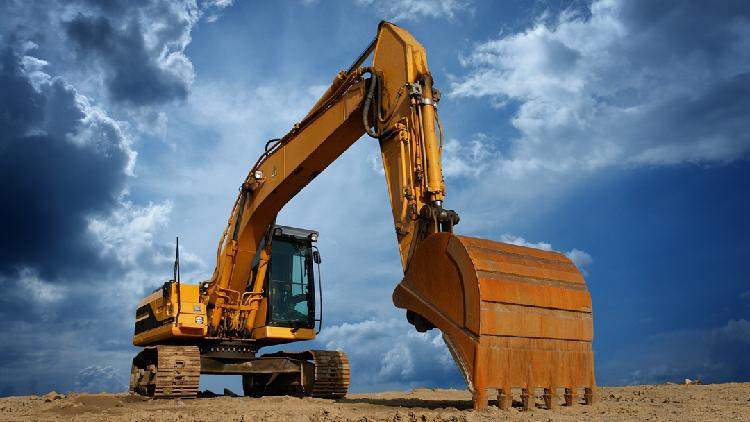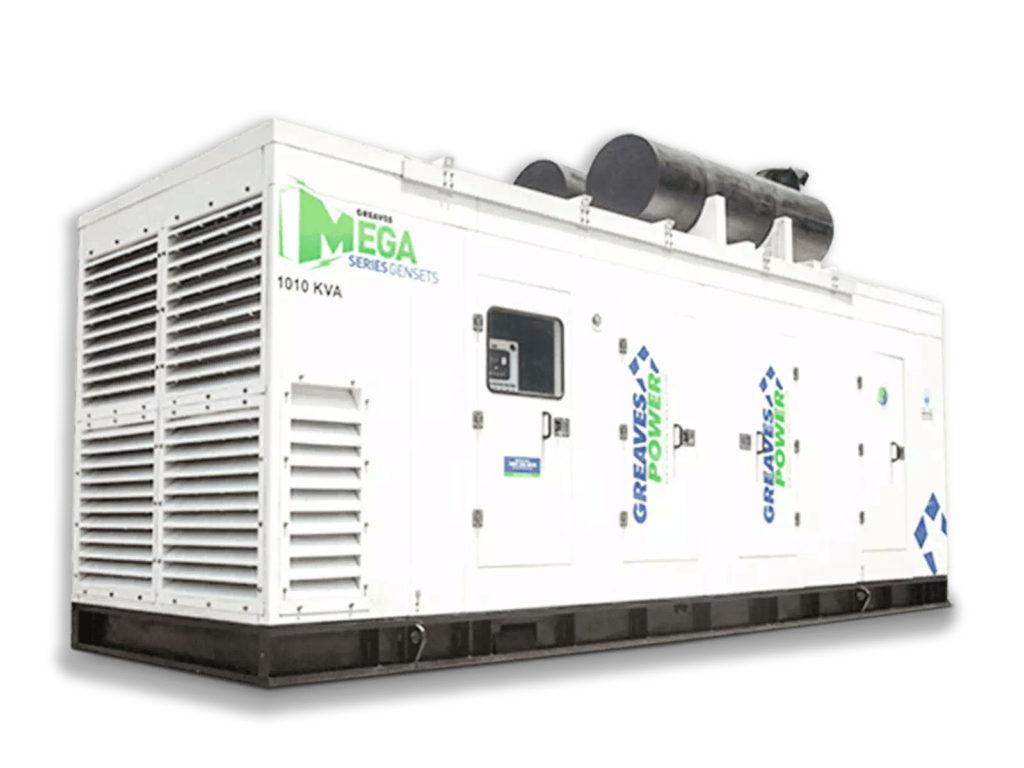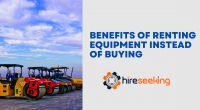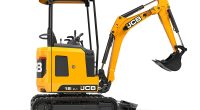Why Equipment Rental is the Best for Construction Company?
Read on to gauge whether construction equipment rental is best for you and your firm.
There is one clear driver for the growth of construction heavy equipment rental: the “bottom line.” In a project-based industry, construction equipment is too often left to collect dust until it’s needed for a new project. Naturally, doing so only leads to equipment depreciation. Renting can thus be a double benefit to construction companies; rental fees are often immediately deductible as business expenses as opposed to depreciated over a long period of time. Thus, in the short-term, construction businesses immediately benefit.
The raw cost of renting is more manageable in the short term as well. Let’s break down some specific numbers when looking at industry averages and prices from Big Rentz, a major heavy construction equipment rental agency:
Mid-range excavators weighing 15 to 20 tons generally range in price from $100,000 to $200,000 new (and can run up to $500,000 for larger customized models). Renting an excavator average $571 a day, $1,233 a week, and $3,433 for four weeks.
According to Warehouse IQ, a new 6,000-pound forklift costs between $11,000 and $13,000. Big Rentz rents out forklifts for $196 a day, $547 a week, and $1,640 for four weeks.

Heavy Equipment Rental
Need a skid loader? CostOwl estimates that a 2,000 pound Bobcat skid loader costs approximately $20,000-$30,000. Meanwhile, Big Rentz rents out the same skid loaders for $379 a day, $927 a week, and $2,367 for four weeks.
Scissor lifts cost about $22,000 new. But if you opt for renting, the same lift cuts down to $99 a day, $287 a week, and $399 for four weeks.
Of course, Big Rentz isn’t the only major player in the construction rental space. In fact, United Rentals dominates the market, followed closely by Sunbelt and Hertz.
New technology is challenging these leading players though. For example, Getable made waves earlier this year as an innovative free iPad app that matches construction contractors looking to rent and those looking to rent out their own equipment.
As TechCrunch put it, “As software eats the world, it seems no industry is safe. One vertical in particular that appears to be getting more attention from startups is construction, where we’re seeing new apps pop up to make building things a whole lot easier and more efficient.” Check out our construction management software directory to see what they’re talking about.
Man Worker In Safety Vest And Hard Hat Using Tablet
There are a number of other benefits to renting construction equipment instead of buying it, including the opportunity to “upgrade” your equipment as you see fit, which gets around maintenance costs, and foregoing costly storage space. At the end of the day, for many construction firms, renting instead of buying heavy equipment is a net benefit for the company.
Finally, renting gives construction managers the opportunity to try out construction equipment before making a purchase, should they be considering that route.
Naturally, there are many situations where it makes more sense to buy your equipment instead of renting. If you are using your equipment most working days in the foreseeable future, and you have the storage space for it and the capacity to keep it maintained, owning will likely be cheaper in the long run than renting.


